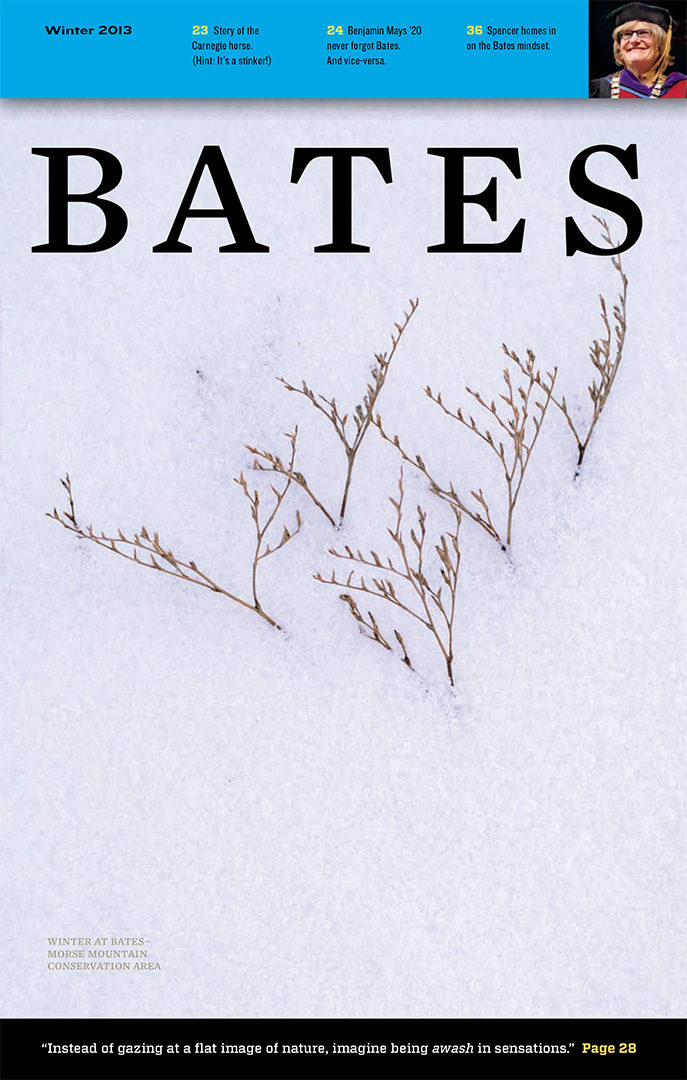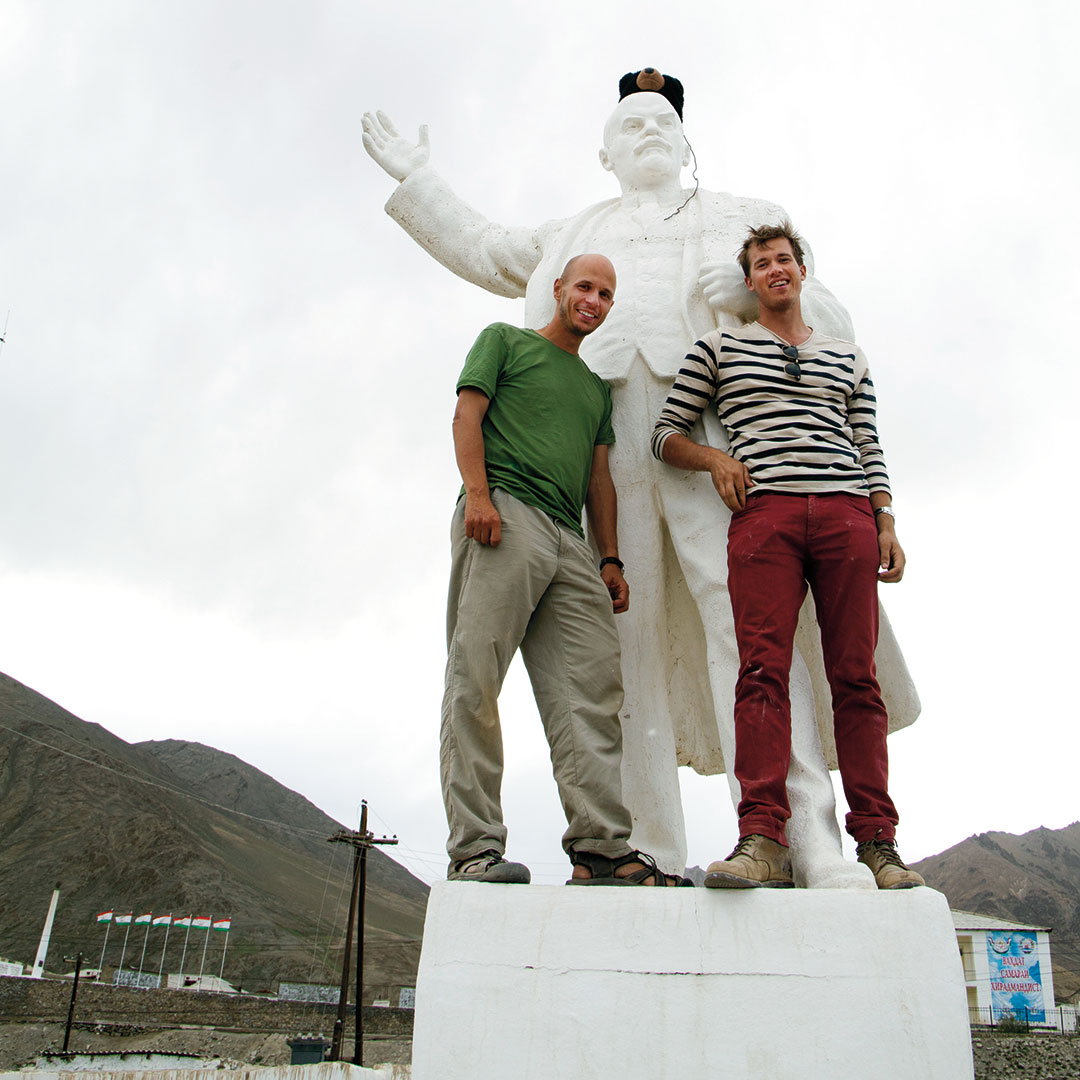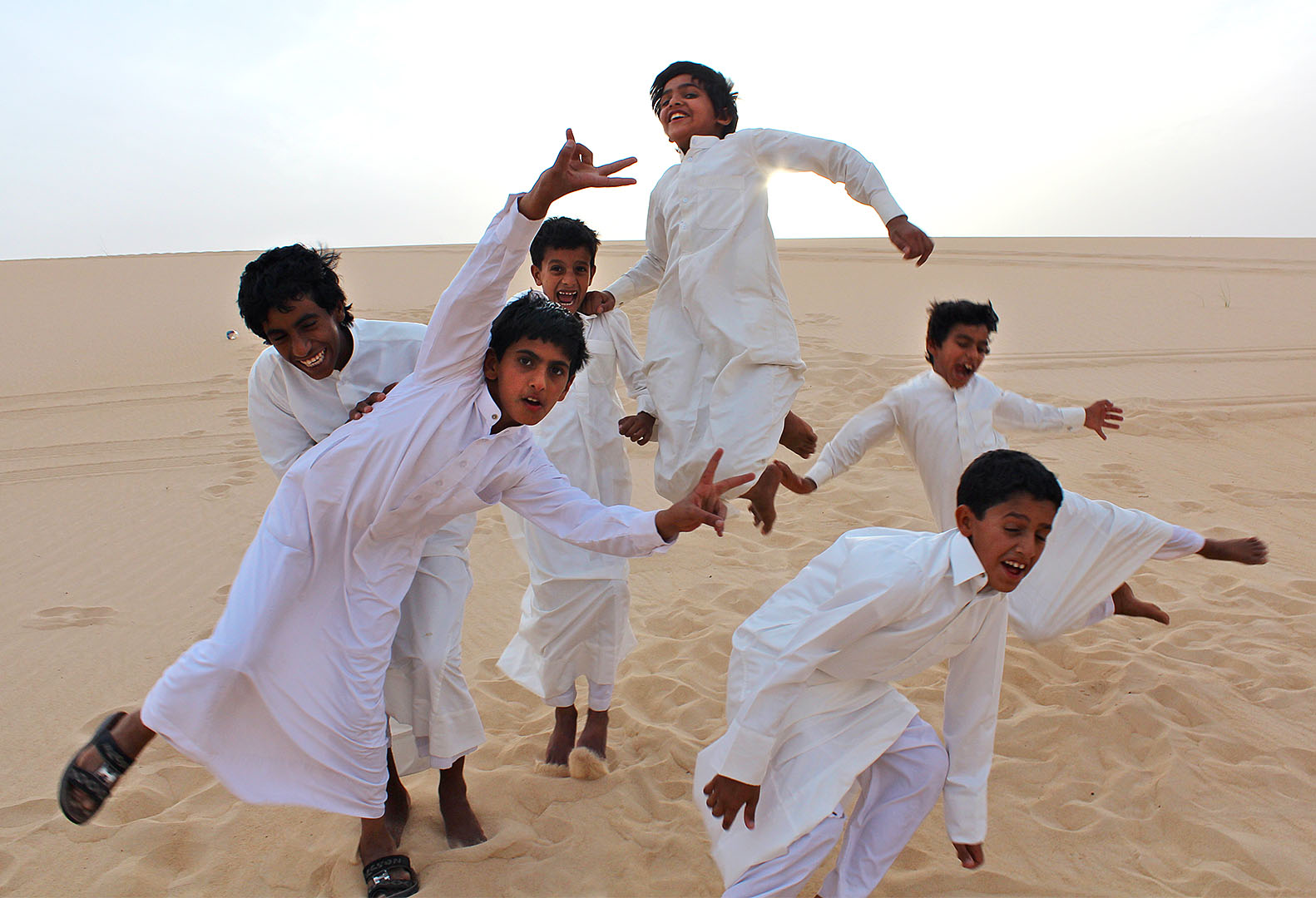
Preamble: Spring 2010
Peter’s Legacy
A Lewiston Sun Journal story published in the anguished days after 9/11 had two telling quotes from Donald Goodrich, whose son Peter ’89 was killed when terrorists flew United Airlines Flight 175 into the South Tower of the World Trade Center.
The first quote was this: “[Peter] really could see no evil. He expected the same from everybody else.” The second quote was in response to reporter Tony Blasi asking if Goodrich supported mass retaliation against countries harboring terrorists. “That accomplishes nothing,” Goodrich said.
But where can the story go from there? How do you reconcile a father and son’s ideals with the bald fact that human evil does exist in the world and that your country, when attacked, must at least protect itself, if not try to make the world a safer place?
One answer is told in this issue’s story “Folks back Home,” in which writer Doug Hubley tells the story of the friendship and perspectives of Afghanistan native Mustafa Basij-Rasikh ’12 and Maine native Jared Golden ’11, a Marine who has served in Iraq and Afghanistan.
To a greater or lesser degree, both are at Bates because of 9/11 and Peter Goodrich.
In 2004, Rush Filson ’90, a childhood friend of Peter’s, was in Afghanistan with the Marines when he e-mailed Donald Goodrich and his wife, Sally. An Afghan school principal had decided it was worth staying open despite Taliban death threats — could the Goodriches help send some supplies? Filson asked.
Sally Goodrich calls the e-mail “a moment of grace.” Starting then, through education initiatives in Afghanistan, the Goodriches found a way “to live out Peter’s life in a way that Peter would have responded to,” says Sally.
Mustafa Basij-Rasikh’s path to Bates was partly blazed by the Goodriches, and he’s among several Afghan students in the U.S. supported by the family’s Peter Goodrich Memorial Foundation. Others include his siblings — a sister is at Middlebury.
Meanwhile, Jared Golden may be the best-known war veteran at Bates since the late 1960s, when the late Tom Doyle ’70, a Marine veteran, made his fellow students consider their lockstep mindset about the Vietnam War. Golden is active in Afghan education initiatives himself, and Donald Goodrich says he “has the understanding of Afghan culture and the courage we need to get things right there.”
A few years ago, the Goodrich Foundation built a school for girls in Logar Province, and Sally visited the school in 2007. Last summer, insurgents detonated a bomb nearby, killing 25 people, including 13 schoolchildren.
Just as on 9/11, this terror attack was meant to destroy lives and hope. Just as in 2001, the Goodrich response seems to simultaneously “passeth all understanding” while demanding that we do better at understanding Afghanistan. “We cannot help a society we do not understand,” Donald says, pointing to the work that’s ahead for people like Jared Golden and Mustafa Basij-Rasikh.
“I cannot think of a better way to share what we have learned about Afghanistan than by having Mustafa go to Bates,” Sally says. “Since Peter does not have the advantage” — she stops and quickly corrects the tense — “did not have the advantage of having children, Mustafa is his legacy.”
H. Jay Burns, Editor
E-mail





